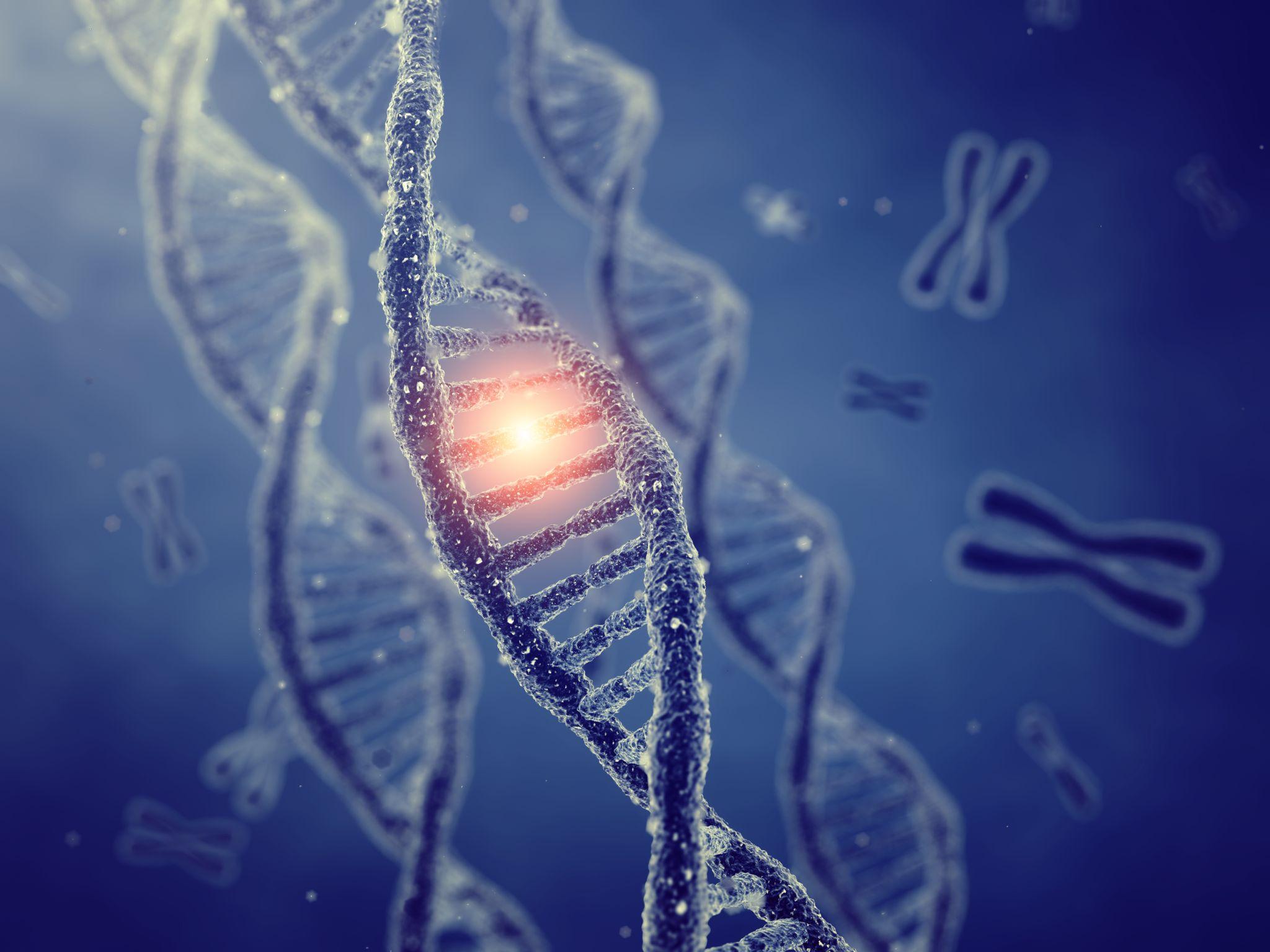
Addiction is a complex and multifaceted issue, often shrouded in misconceptions and oversimplified theories. One such pervasive myth is the concept of an “addictive personality”—a set of traits believed to predispose individuals to substance abuse and addiction. However, this notion, while popular, is not grounded in concrete scientific evidence.
Below, we aim to unravel the myths surrounding the idea of an addictive personality. By dissecting commonly believed traits, examining the dangers of such a belief, and exploring the various factors that truly contribute to the likelihood of addiction, we seek to provide a more nuanced and informed perspective.
Historical Context of the “Addictive Personality”
The concept of an “addictive personality” has been a subject of debate and discussion for decades.
Historically, it emerged as a simplistic explanation for the complex phenomenon of addiction. This idea was rooted in the early psychological and sociological studies that attempted to pinpoint personality traits consistent among people with addictions.
Over time, this theory gained traction, albeit without substantial scientific backing. It has been used to label individuals and predict their likelihood of falling into addictive behaviors, often overlooking the multifaceted nature of addiction which includes genetic, environmental, and social factors.
Believed Signs of an Addictive Personality
When we talk about an “addictive personality,” certain traits frequently come to mind. These include:
- Impulsivity
A lack of impulse control or the tendency to act on a whim without considering the consequences, often seen in decision-making processes. - Sensation Seeking
A constant craving for new, thrilling, and intense experiences, which can sometimes lead to risky behaviors. - Nonconformity
A disposition toward rejecting societal norms and standards, sometimes accompanied by a feeling of alienation. - Stress Susceptibility
A heightened sensitivity to stress, often leading to substance use as a coping mechanism.
While these traits may appear more commonly in individuals with addiction issues, it is crucial to understand that they are not exclusive predictors of addiction. Many people exhibit these traits without ever developing an addiction. Conversely, many who struggle with addiction do not exhibit all or any of these traits.
The belief that a set of personality traits can solely predict addiction is a reductionist view that fails to account for the diverse and complex nature of human behavior and the multifaceted causes of addiction.
Dangers of Believing in an “Addictive Personality”
The belief in an “addictive personality” is not only a gross oversimplification of addiction but also carries significant dangers.
First, it stigmatizes individuals, labeling them in a way that can lead to self-fulfilling prophecies. People identified as having an “addictive personality” may internalize this label, believing that addiction is their inevitable fate, which can hinder their motivation to seek help or adopt healthier behaviors.
Furthermore, this belief can negatively impact mental health and self-esteem, as individuals may feel inherently flawed or predisposed to failure.
In terms of treatment and recovery, such a belief can be detrimental. It may lead to a one-size-fits-all approach, overlooking the unique circumstances and factors contributing to each individual’s addiction.
This oversimplified view of addiction can also affect how society, including medical professionals and policymakers, approaches addiction, potentially leading to inadequate support and treatment options that fail to address the complex nature of this issue.
Key Factors That Influence Addiction Risk

While no one is born with a personality that is predisposed to addiction, the following factors can influence the likelihood of developing addiction:
- Genetics: A family history of addiction and genetic markers that may influence addiction risk
- Environmental Factors: Family dynamics, peer pressure, and socioeconomic factors
- Mental Health: Influence of trauma, stress, and co-existing psychological disorders
- Substance Accessibility: Availability and societal attitudes toward addictive substances
Journey Toward Recovery with Adelante Recovery Centers
In understanding the multifaceted nature of addiction, we at Adelante Recovery Centers offer tailored Inpatient Addiction Treatment and Dual Diagnosis Programs to address the unique challenges faced by each individual.
Our comprehensive approach combines therapy and holistic treatments in a supportive environment, ensuring a well-rounded recovery journey. For those grappling with both addiction and mental health conditions, our Dual Diagnosis Programs provide specialized, concurrent treatment.
If a loved one or you are navigating the complexities of addiction, contact us today. Our dedicated team is here to guide you toward a healthier, more fulfilling life. Let your journey to recovery begin with Adelante Recovery Center.